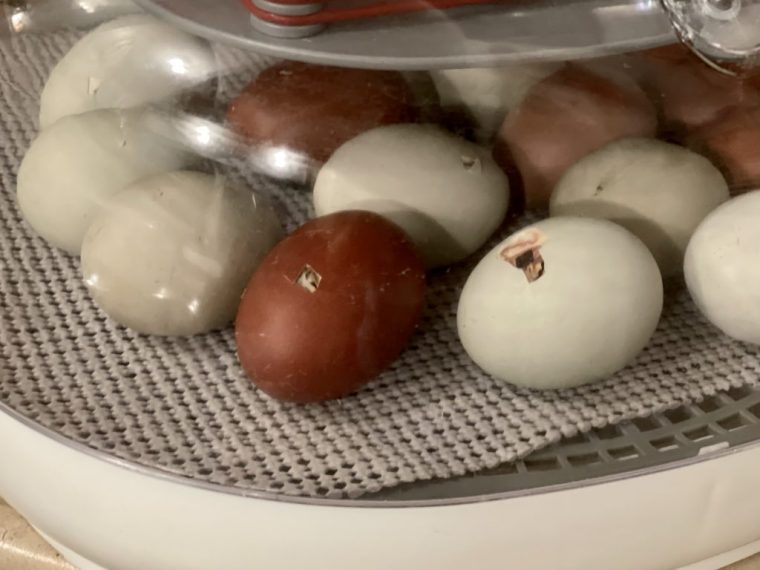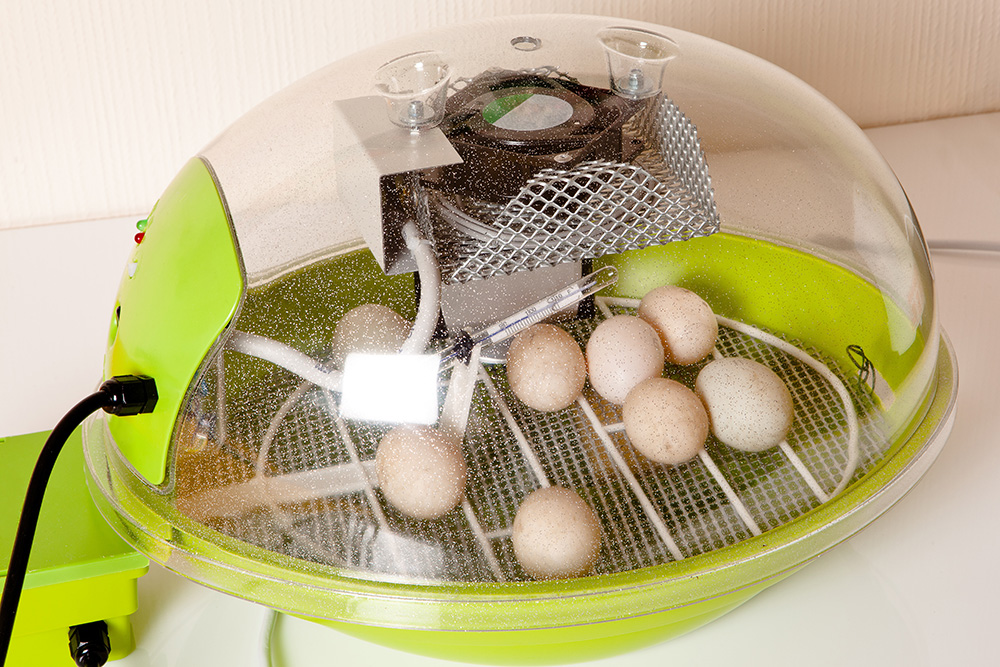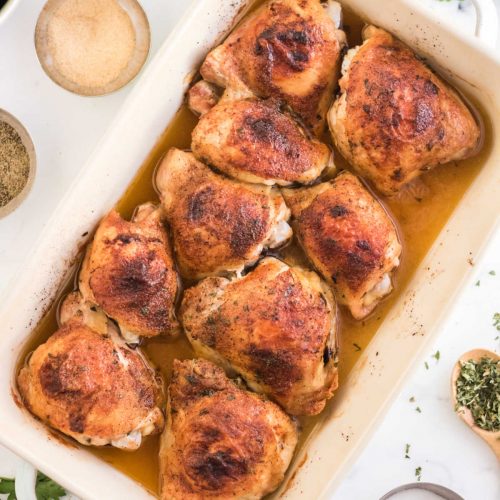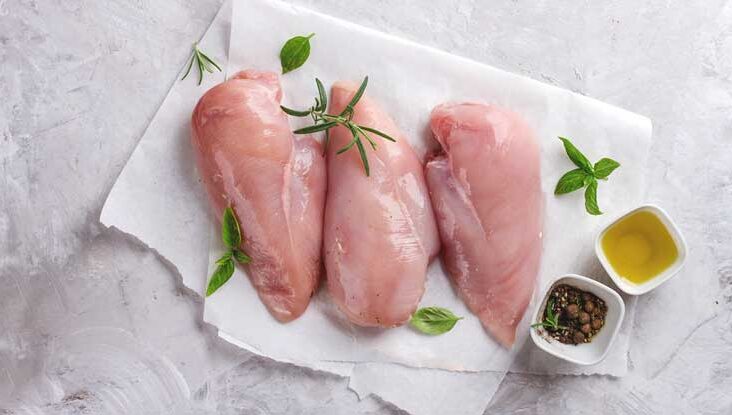When it comes to poultry farming, understanding the ins and outs of commercial chicken incubator tips is essential for achieving successful hatching results. Whether you’re a seasoned farmer or just starting your journey into poultry, mastering these tips can make all the difference. In this article, we’ll explore the key aspects of incubating chicken eggs on a commercial scale, ensuring you achieve the best hatch rates possible.

Understanding the Basics of Incubation
Before diving into commercial chicken incubator tips, it’s important to grasp the fundamentals of incubation. This process mimics the natural conditions under which a hen would hatch her eggs, providing the right temperature, humidity, and ventilation.
Choosing the Right Incubator
The first step in successful incubation is selecting the appropriate incubator. There are various types available, each with its own features and benefits. Consider factors such as capacity, ease of use, and automated controls.
Temperature: The Key to Success
Maintaining the ideal temperature is crucial for the development of embryos. Most chicken eggs require a consistent temperature of around 99.5F (37.5C). Fluctuations in temperature can lead to poor hatch rates or developmental issues.
Humidity Control
Proper humidity levels are equally important. Too much humidity can drown the embryos, while too little can cause them to become dehydrated. Typically, the humidity should be around 50-55% for the first 18 days and then increased to 65-70% during the final days before hatching. Learn more about maintaining humidity effectively.
Turning the Eggs
Regularly turning the eggs is vital for preventing the embryo from sticking to the shell. In a commercial setting, automatic turners are often used to ensure consistency. Eggs should ideally be turned three to five times a day.
Advanced Tips for Commercial Incubation
Monitoring Egg Fertility
Before placing eggs in the incubator, it’s essential to confirm their fertility. Learn how to test egg fertility to ensure you’re not wasting resources on infertile eggs.
Candling: A Window into Development
Candling is a technique used to observe the development of the embryo inside the egg. By shining a light through the egg, you can check for signs of life and monitor progress. Discover how often you should candle your eggs for optimal results.
Dealing with Incubation Challenges
Even with the best practices, challenges can arise during incubation. Common issues include temperature fluctuations, power outages, and humidity imbalances. Being prepared to address these issues promptly can save your hatch.
Post-Incubation Care
Preparing for Hatch Day
As hatch day approaches, it’s important to make the necessary preparations. Ensure the hatching area is clean and ready to receive the chicks. Monitor the temperature and humidity closely during the final days.
Handling Newly Hatched Chicks
Once the chicks hatch, they need immediate attention. Provide a warm, safe environment with access to food and water. Keep a close eye on their health and behavior during the first few days.
Additional Resources and Support
For more detailed guidance on commercial chicken incubator tips, consider visiting online communities and forums where experienced poultry farmers share their insights. Additionally, check out this external guide for comprehensive information on incubation techniques.

FAQs
What is the ideal temperature for a chicken incubator?
The ideal temperature for a chicken incubator is around 99.5F (37.5C). Maintaining this temperature is crucial for the proper development of the embryos.
How often should I turn the eggs during incubation?
Eggs should be turned three to five times a day to prevent the embryo from sticking to the shell. Automatic turners can help ensure consistency in a commercial setting.
What should I do if the humidity levels are too high?
If humidity levels are too high, it can lead to drowned embryos. Adjust the incubator settings or add ventilation to reduce humidity to the recommended levels.
This article contains affiliate links. We may earn a commission at no extra cost to you.











